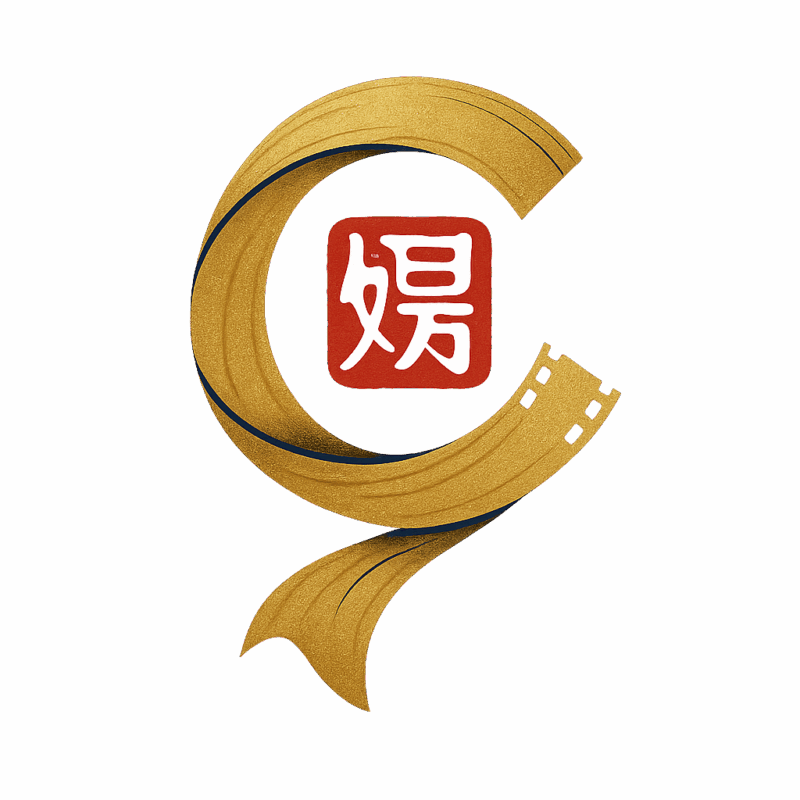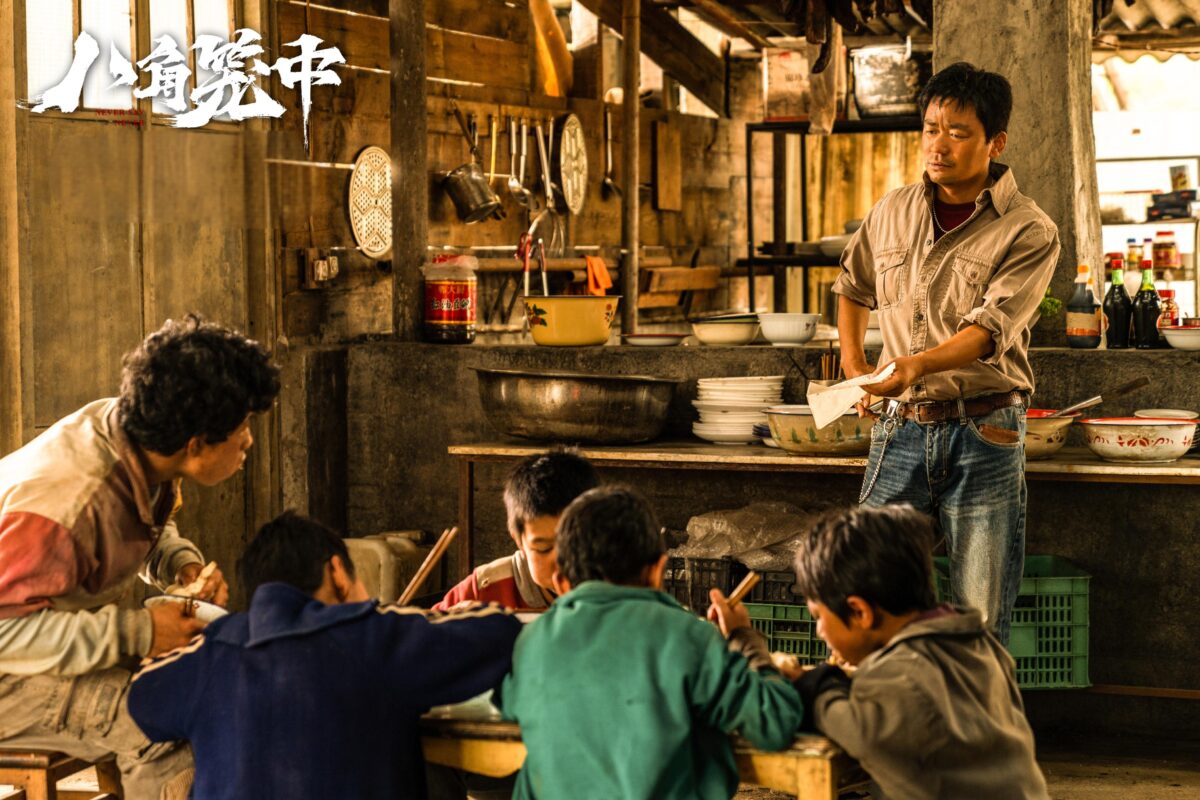In 2023, Wang Baoqiang‘s film “In the Octagonal Cage” gained significant popularity. The movie, based on true events, follows Wang’s character, Xiang Tenghui, as he guides children from mountainous regions in their search for a better life. However, a recent live broadcast by well-known entertainment reporters Yangyang and Jiang Xiaoyan has brought Wang’s charitable image into question. They claimed that Wang failed to honor his commitment to donate to students and instead used his philanthropic efforts to enhance his own public persona.
During the live stream, Jiang Xiaoyan shared an interview recording with Coach Sun, who leveled accusations against Wang Baoqiang. However, the audience watching the live broadcast was skeptical of these claims, arguing that the details in the recording did not hold up to scrutiny.
Coach Sun’s Allegations
Coach Sun asserted that Wang Baoqiang had selected four children from their training base to participate in the film. He claimed that each child was paid 1,000 yuan per day, totaling 150,000 yuan for the project. Sun implied that this compensation was insufficient, suggesting that Wang had not offered enough financial support to the young actors. Additionally, the child actors expressed dissatisfaction with the food provided on set, claiming that the meals consisted of lean meat with little seasoning, making the food unappetizing.
As soon as these statements were made, the online community erupted with backlash. Many viewers argued that the compensation was already quite generous and that the dietary restrictions were necessary for filming. Critics pointed out that the child actors and Coach Sun should not complain about the provisions given the circumstances.
Public Reaction and Backlash
Numerous viewers who watched the entire live broadcast accused Coach Sun of “moral coercion.” Comments flooded in, with many expressing sentiments like, “The money is his; charity is a kindness, not an obligation,” and “If this is how you behave, Wang Baoqiang shouldn’t have helped you at all.” Some went as far as to say, “I don’t believe Wang Baoqiang would do such a thing.”
Additionally, insiders revealed content from Coach Sun’s social media, showing that after the release of “In the Octagonal Cage,” the young actors received significant public attention for their performances. They began attending piano lessons weekly and landed roles in other films such as “The Great Man” and “Legend No. 9.” Some even traveled to Macau for events, suggesting that they were living well. This raised questions about whether these children truly needed financial assistance.
A Mixed Perception of Philanthropy
Initially, it seemed that this was a mutually beneficial arrangement: the children from the mountainous region received payment, gained exposure, and the film received widespread acclaim. However, it appears that Wang Baoqiang may not have anticipated the backlash that followed. What seemed like a heartwarming story about inspiration and upliftment revealed a darker undercurrent reminiscent of the fable “The Farmer and the Snake.”
This incident raises important questions about the nature of charity and the expectations placed on those who give. The narrative that Wang Baoqiang had created was one of benevolence and goodwill, but it quickly became complicated when his actions were scrutinized. The initial goodwill that surrounded the film and its philanthropic efforts was overshadowed by accusations and public discourse, highlighting the complexities of charity in the public eye.
Conclusion
The unfolding of Wang Baoqiang’s charitable narrative serves as a reminder of how easily public perception can shift. The mix of altruism and accusations reveals the fine line between genuine help and the optics of giving. While the film aimed to uplift both its characters and the children involved, the controversy demonstrates how easily intentions can be misinterpreted.
Ultimately, this incident serves as a reflection on the nature of philanthropy and the public’s role in shaping narratives surrounding charitable acts. Wang Baoqiang’s story emphasizes the need for transparency and sincerity in charitable endeavors to maintain trust and goodwill among supporters and the community alike.

